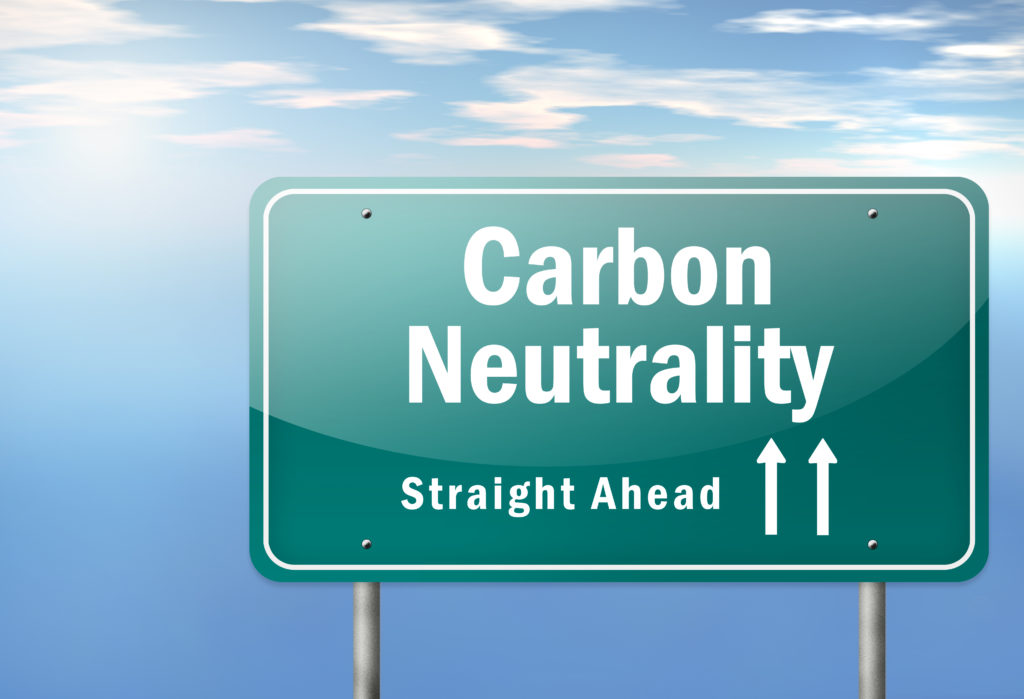Companies aim to join forces to provide clean energy for Azure datacentres, smart cities and other energy consumers.
BP and Microsoft have signed a strategic partnership to extend digital transformation in energy systems and reduce carbon emissions. As well as using Microsoft Azure for cloud-based IT infrastructure, through the partnership, BP will supply renewable energy to help Microsoft meet its 2025 renewable energy goals.
In 2016, BP began a multi-year initiative to migrate all its workloads to the public cloud. It was one of AWS’s oil and gas sector reference customers, but in 2017, BP went multi-cloud, signing a deal with Microsoft to move a proprietary data lake to Microsoft’s cloud platform and make use of Azure services, together with Microsoft visualisation and predictive tools.
The new agreement covers Microsoft 365 for collaboration and makes use of technology such as machine learning in Azure Digital Twins and data analytics to improve optimisation and transform business processes.
But the contract has wider scope than just BP’s use of the Microsoft public cloud. Through a memorandum of understanding (MoU), the pair also aim to accelerate progress towards their respective sustainability goals.
As such, BP will supply renewable energy to Microsoft across a number of countries and regions, including the US, Europe and Latin America, to support and contribute to Microsoft’s 100% renewable energy goal by 2025. The two companies said they will also collaborate on wider sustainability initiatives.
“BP is determined to get to net zero and to help the world do the same,” said William Lin, BP executive vice-president for regions, cities and solutions. “No one can do it alone – partnerships with leading companies like Microsoft, with aligned ambitions, are going to be key to achieving this.
“By bringing our complementary skills and experience together, we are not only helping each other achieve our decarbonisation ambitions, but are also creating opportunities to support others on their journey towards reducing carbon emissions.”
As well as reducing their own carbon footprint, the two companies said they would look for synergies between Microsoft’s Smart Cities initiative and BP’s Clean Cities vision, with a shared goal of identifying areas for strategic collaboration to help cities achieve their sustainability aims.
The second area of co-development is clean energy parks, an ecosystem of low-carbon technologies such as carbon capture use and storage (CCUS) to prevent or reduce emissions.
The companies said they will also be exploring innovative ways to harness the power of data-driven, personalised, actionable insights to empower energy consumers to manage their home energy use and reduce carbon emissions.
The fourth part of the MoU involves the use of the industrial internet of things to deliver intelligent edge capabilities to support BP’s production and operations facilities.
Judson Althoff, executive vice-president of Microsoft’s Worldwide Commercial Business, said: “BP shares our vision for a net zero carbon future, and we are committed to working together to drive reductions in carbon emissions and fulfil demand with new renewable energy sources.”
By the end of this decade, BP has said it aims to have developed about 50GW of net renewable generating capacity – a 20-fold increase on what it has previously developed, increased annual low carbon investment ten-fold to about $5bn and cut oil and gas production by 40%.
Earlier this year, Microsoft announced its goal to be carbon negative by 2030.
This article originally appeared on ComputerWeekly.

